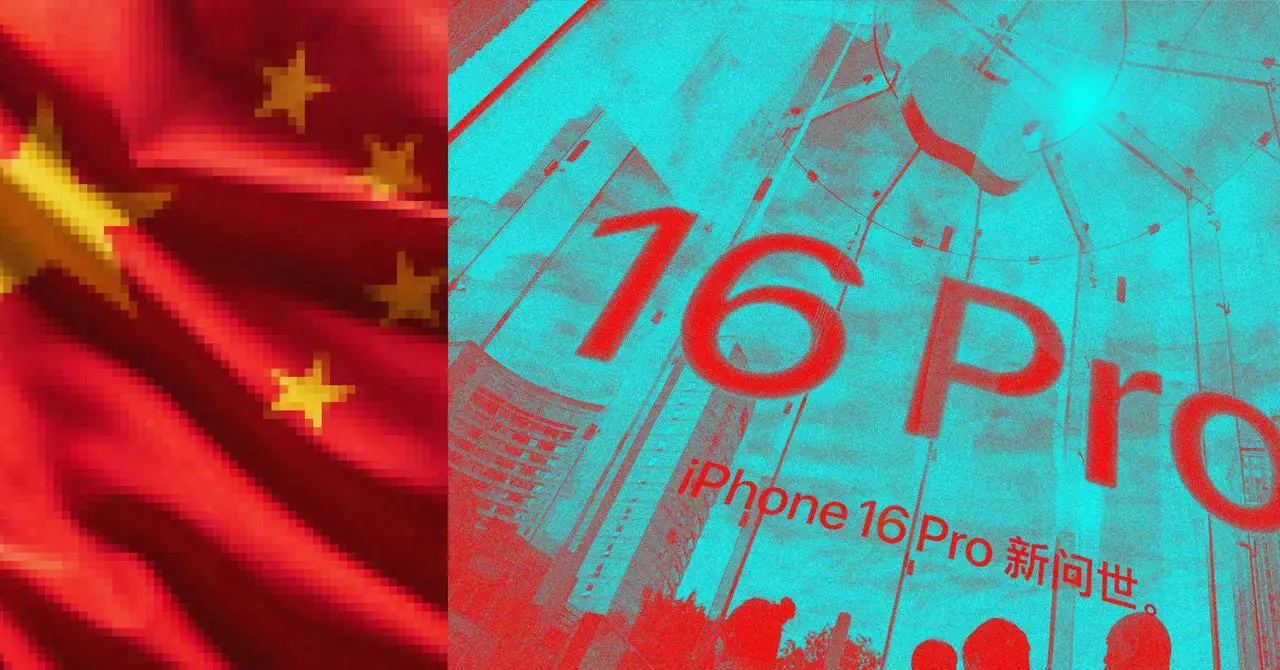The intersection of technology and geopolitics is becoming increasingly pronounced, particularly when it comes to artificial intelligence (AI) in China. The regulatory landscape is evolving rapidly, reflecting the Chinese authorities’ desire to control not just the flow of information but the very technology that generates it. This situation poses significant challenges and questions for Western technology companies, especially as they navigate the murky waters of compliance, market access, and their corporate values.
Regulatory Framework: Control vs. Innovation
China’s government has established a rather stringent regulatory framework for AI, mandating that any algorithms that dictate what the public can see must be registered with the authorities. This requirement includes detailed submissions regarding coding practices and operational integrity. Such oversight raises the stakes for tech companies wishing to engage in the lucrative Chinese market. As technology analyst Tan points out, many firms may hesitate or even refuse to meet these demanding stipulations, which could hinder their entry into one of the world’s largest tech landscapes.
This evolving paradigm can create a power imbalance. China, buoyed by its substantial investment in AI and technological advancement, is stepping into a leadership role in the global tech arena. Unlike in previous decades when it was predominantly a follower in technology trends, China is now charting its course and setting standards that may not align with Western ideals. This shift is emblematic of a broader strategic maneuver aimed at positioning the nation as a formidable player in the global technological hierarchy.
The ethical implications of these regulations become more complex upon examining China’s approach to generative AI. The implementation of “deep synthesis” frameworks, which dictate how AI can generate content, introduces an unsettling layer of censorship. These regulations mandate adherence to the prevailing political narratives and prohibit the generation of misleading information. The Carnegie Endowment’s analyses indicate that such constraints could effectively neuter the potential of AI, limiting its ability to engage in free discourse and explore diverse viewpoints.
For example, these regulatory constraints would prevent a Chinese iteration of virtual assistants like Siri from discussing sensitive subjects, including discussions about the Dalai Lama or the status of Taiwan. The ramifications of such limitations extend beyond mere censorship; they redefine the very purpose of AI in conversation with users. The ability of chatbots and generative AI to reflect a broader spectrum of human understanding is severely compromised in this strict environment.
Given these conditions, Western tech giants like Apple face a particularly challenging dilemma. On one hand, entering and operating within the Chinese market could provide invaluable access to a massive consumer base. On the other, there is the risk of becoming too entangled with a regime that does not share their foundational principles, particularly concerning free speech and innovation. Apple’s potential adoption of customized AI versions that comply with Chinese regulations highlights the fine line these companies must walk.
Apple’s existing practices—such as censoring its app store to conform to Chinese policies—illustrate a willingness to adapt to local laws. However, the stakes become significantly higher when core products, like the anticipated Apple Intelligence, are at play. As generative AI becomes a cornerstone of the user experience in devices, Apple risks being viewed as complicit in the structural objectives of the Chinese Communist Party (CCP), which could raise ethical questions and potentially endanger its standing in other global markets.
The conflicting demands of market presence and ethical integrity present a formidable challenge for Western technology companies operating in China’s regulated landscape. The lessons learned through navigating such obstacles should guide the industry toward a balanced approach that respects local laws while upholding democratic values. Engaging in continued dialogue about the role of technology and its regulation can help forge pathways to a more ethical and equitable technological future—one that respects national boundaries without sacrificing the fundamental tenets of innovation and free expression.
As we move forward, the need for conscious engagement with the realities of global tech governance has never been more pressing. With strategic foresight and ethical mindfulness, Western companies can potentially reshape the future of AI, both in China and beyond. The journey is fraught with challenges, but in striving for integrity, tech giants can lead by example in fostering a more open and responsible digital world.


Leave a Reply